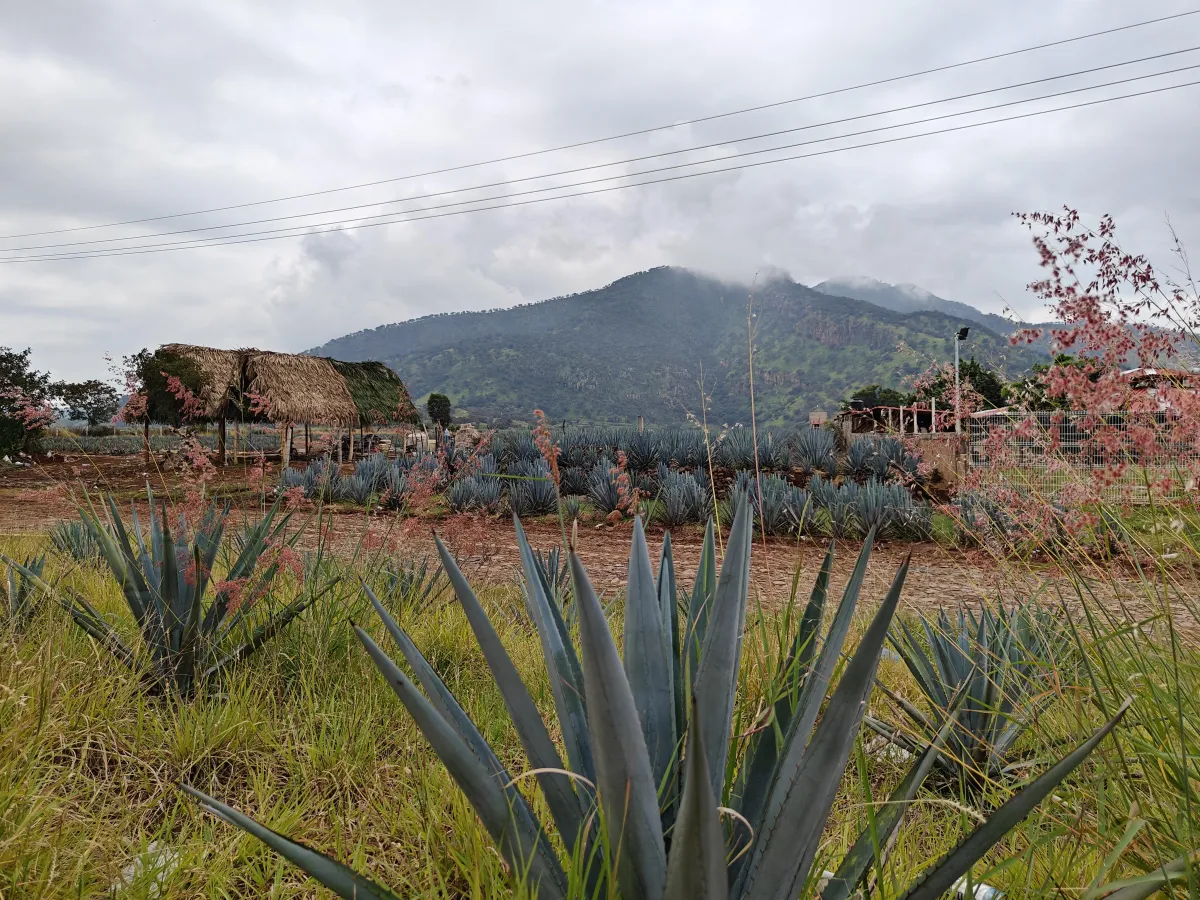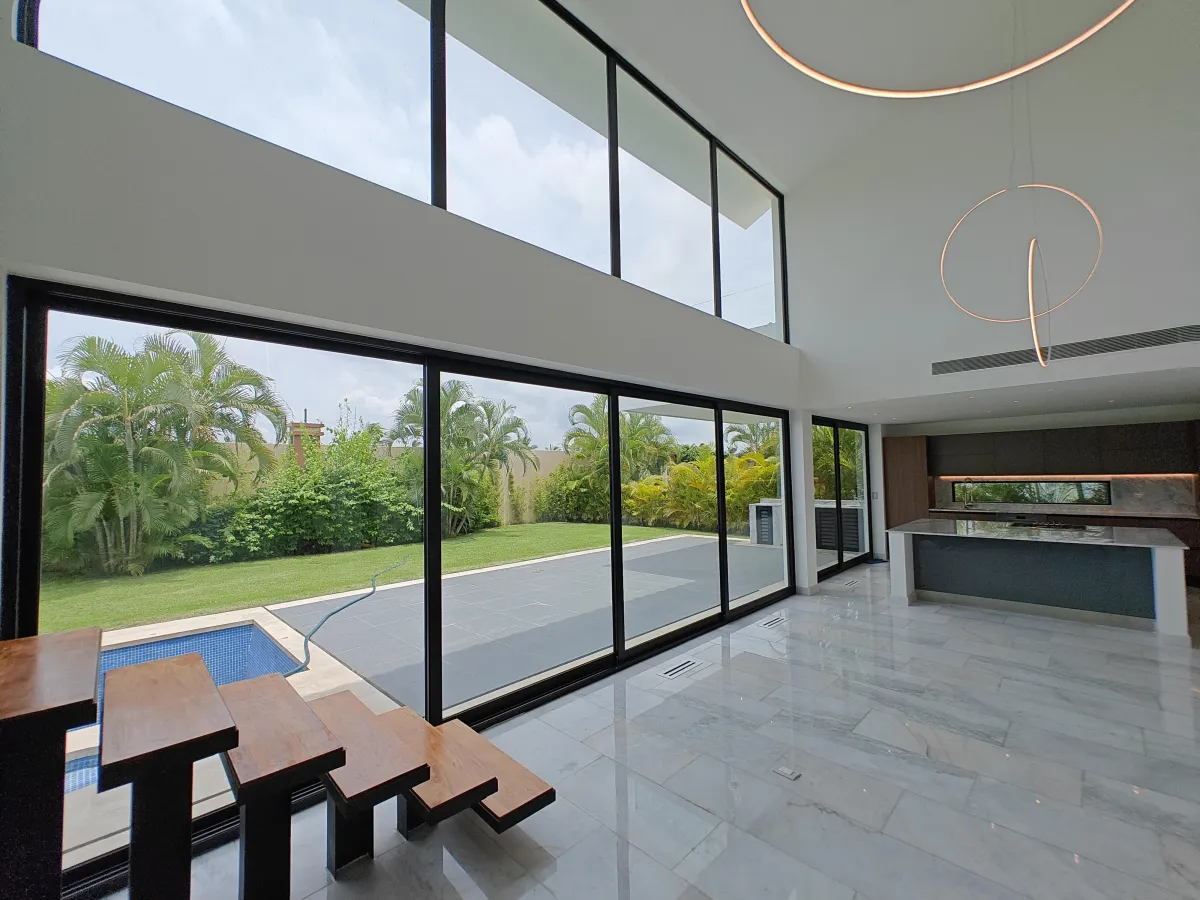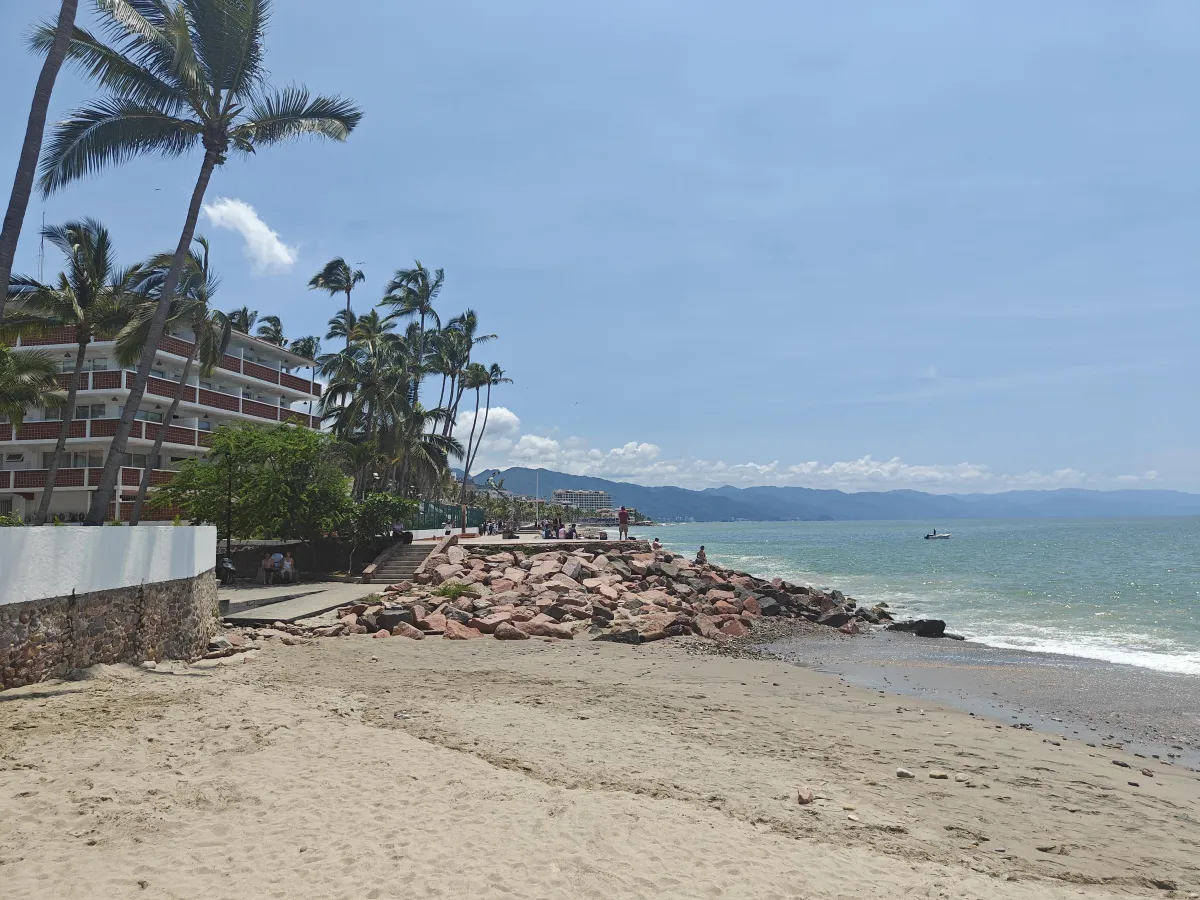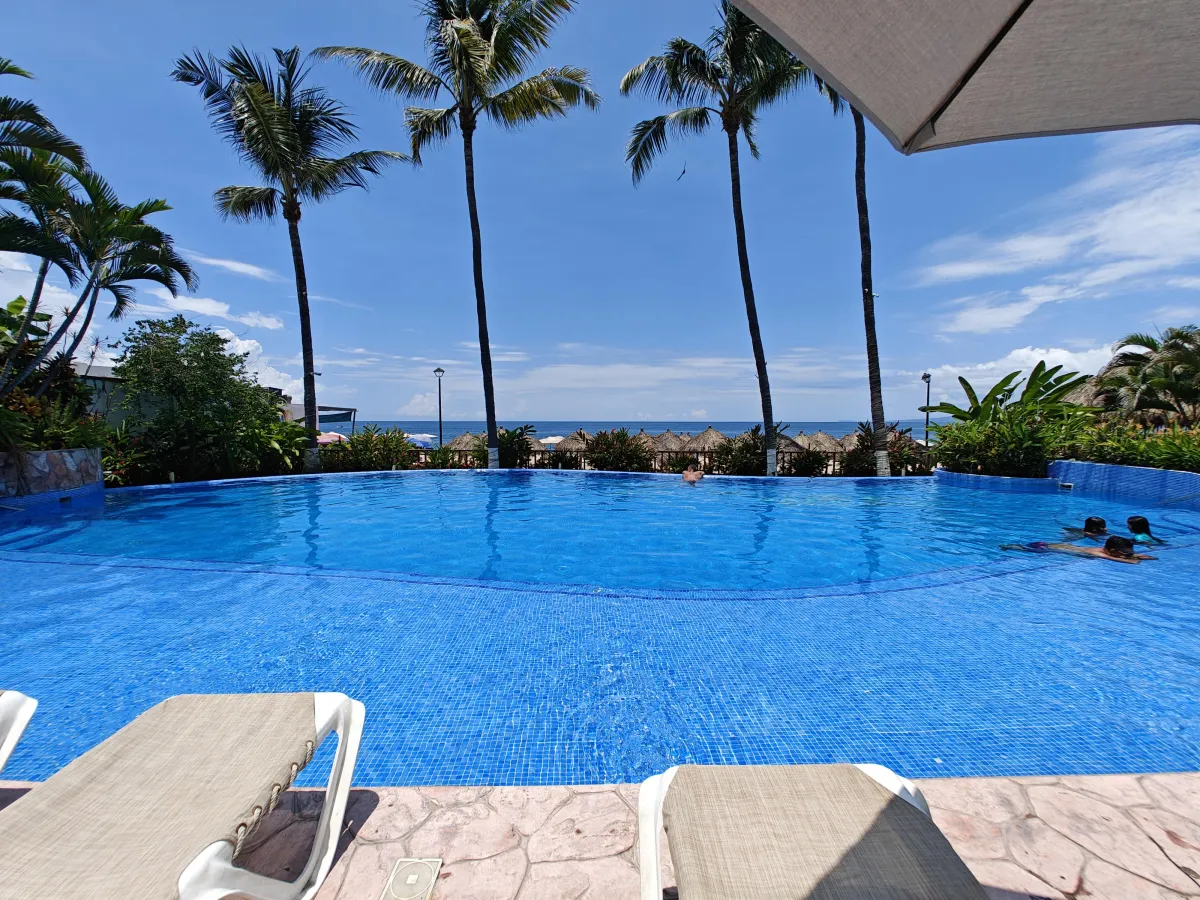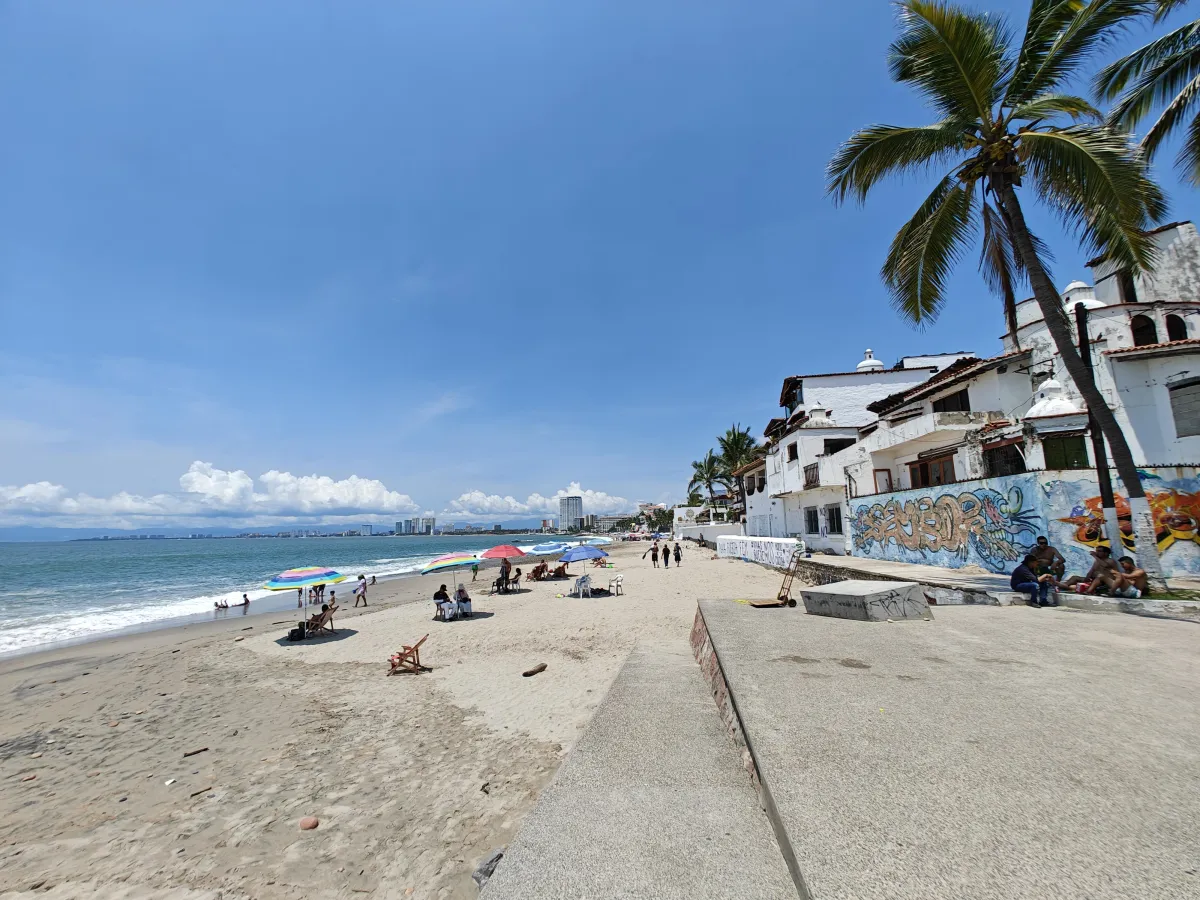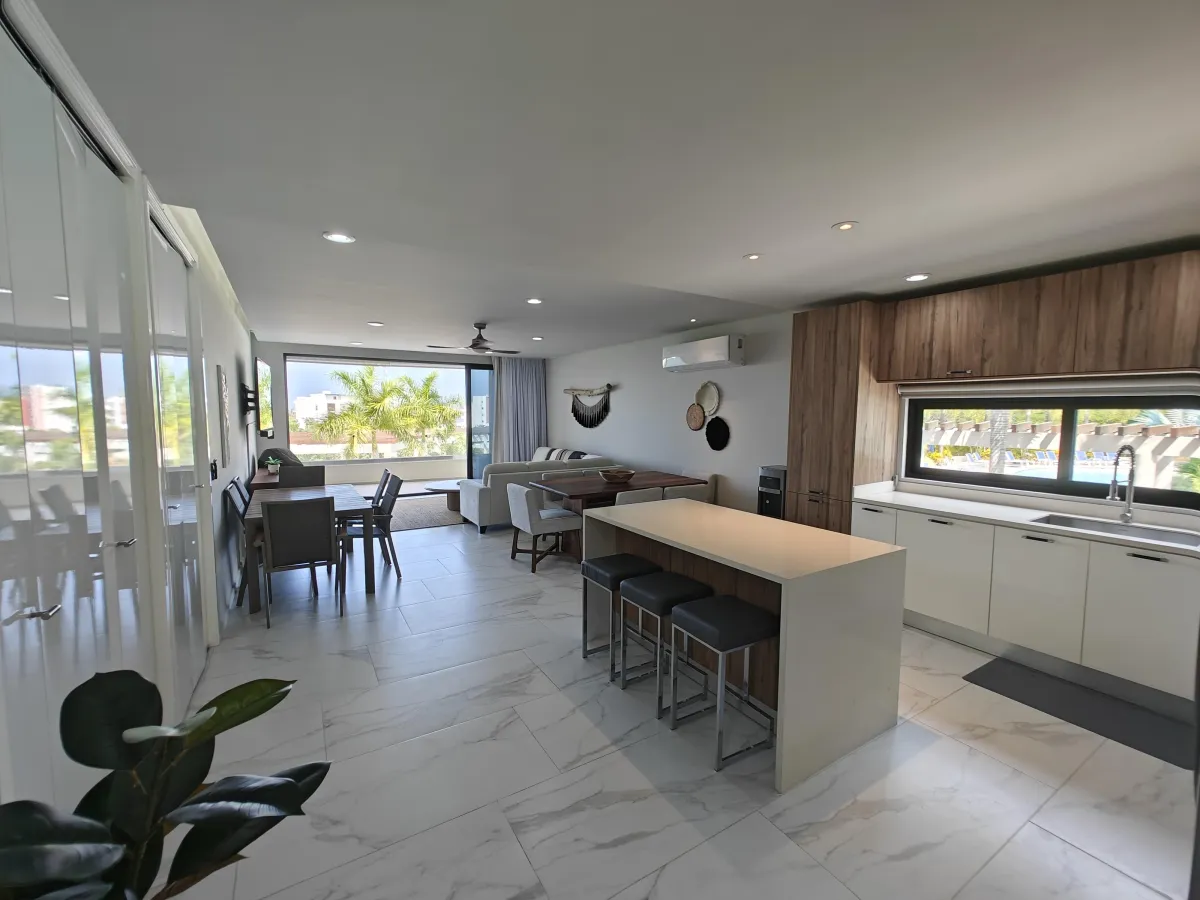REAL ESTATE
How to Confidently Buy Property in Mexico
Housing
Finding a home in Mexico is an exciting part of the journey. Whether you plan to
rent a cozy casita or buy your dream house, the housing process has its differences from the U.S. This section covers renting vs. buying, the best expat-friendly areas, Mexican real estate laws, and tips to avoid scams – so you can settle in with confidence.
Renting in Mexico:
Many new expats choose to rent at first, and this is a smart move. Renting gives you flexibility to try out a city or neighborhood before committing long-term. Rental costs vary widely by location:
In smaller towns or inland cities, you might find a nice 2-bedroom apartment for $400–$600 USD per month.
In Mexico City or trendy beach areas (e.g. Playa del Carmen, Puerto Vallarta), a similar place might be $800–$1,200, though still often cheaper than a comparable U.S. city apartment.
Utilities (electric, water, gas) are often not included in rent and need to be paid separately, but they tend to be affordable (except electricity can run higher if you use a lot of AC).
Rental contracts (contratos de arrendamiento) in Mexico can be in Spanish, and typically for a 12-month term. It’s common to pay a one-month security deposit and the first month’s rent up front. Some landlords ask for a fiador (a local co-signer who owns property) or an extra deposit if you don’t have a Mexican rental history – in expat areas, many will waive this if you pay a few months up front.
Furnished vs Unfurnished: You’ll find many rentals are offered fully furnished, especially short-term or in expat-heavy areas. This can simplify your move (no need to immediately buy furniture). Unfurnished places may even come without appliances or fridge, so clarify what’s included.
Where to find rentals: Websites like Facebook Marketplace, Airbnb (for short-term and to get contacts for long-term), and expat forums are useful. There are also local real estate agencies and property managers. In some smaller towns, the best way is on the ground – asking locals or other expats if they know of houses for rent, checking bulletin boards, etc.
Buying Property in Mexico:
If you plan to stay long-term, buying a home can be a great investment. Many foreigners own property all over Mexico. Here are key points:
Foreign Ownership & the “Restricted Zone”: Mexico’s Constitution has a restriction on foreign ownership directly in the “restricted zone” – within 50 km of the coastline or 100 km of international bordersgotraveltipster.com. But don’t worry, there’s a workaround. If you want that beachfront villa or a house in Baja, you can purchase it through a bank trust called a fideicomiso. In a fideicomiso, a Mexican bank holds the title to the property in trust for you as the beneficiary. You have all ownership rights (you can sell, improve, bequeath the property) – the trust is just a legal mechanism to comply with the Constitution. These trusts are typically 50-year terms, renewable, and are very common for coastal property ownership by foreignersgotraveltipster.com.
Another route is to form a Mexican corporation to hold the property (often used for commercial properties or multiple investments), but for most home buyers the fideicomiso is simplergotraveltipster.com.
Interior regions: Outside the restricted zones, you can hold title directly in your name as a foreigner. For instance, an American can buy a house in Guadalajara or San Miguel de Allende outright, with their name on the deed, no trust needed.
Real Estate Process: Transactions are done via a notario público – a special type of attorney required for property sales who ensures title is clear and all paperwork is proper. It’s wise to hire your own real estate attorney to represent you, especially if you’re not fluent in Spanish. They’ll help with due diligence (title search, permits, etc.). Title insurance is available in Mexico and is a good idea to protect against any unforeseen title disputesgotraveltipster.com.
Financing: In Mexico, mortgages to foreigners are limited. A few Mexican banks offer them, but interest rates can be higher than in the U.S. (often 8-12%). Many expats either pay cash (perhaps using funds from selling a U.S. property) or finance through a lender in the U.S. that does foreign property loans. Some developers offer financing on new builds. Plan for a cash purchase or have financing arranged, as it’s not as simple as getting a mortgage back homegotraveltipster.com.
Home Prices: These vary by region just as in the U.S. Desirable expat enclaves like San Miguel de Allende or Puerto Vallarta have prices that, while lower than California, are higher than rural Mexico. You might pay $200k for a condo in a nice area, whereas in a smaller city $100k could buy a sizable home. Compared to the U.S., you’ll generally get more house for your money (and often with colonial charm or ocean views to boot).
Property Taxes and Maintenance: As mentioned, property taxes (predial) are very low – often just a few hundred dollars per year on typical homesmexperience.commexperience.com. Maintenance services, like gardeners or housekeepers, are affordable if you choose to hire help. Many communities have security or HOA fees, so factor those in.
Best Cities and Regions for Expats:
Mexico is huge, so where to live depends on your priorities (climate, lifestyle, cost). Some
popular expat hubs
include:
Lake Chapala (Ajijic & Chapala): Largest U.S./Canadian expat community in the world. Pleasant climate, village lifestyle, many services catered to retirees.San Miguel de Allende: Beautiful colonial city in the highlands with a big arts scene and expat community. Historic charm, but can be pricey by Mexican standards.
Puerto Vallarta: Pacific coast city with beaches and modern amenities. Very popular with retirees and also younger remote workers. Has international hospitals, Costco, etc.
Mérida (Yucatán): Colonial city known for safety and culture. Hot climate, but affordable and increasingly popular with expat families and digital nomads.
Mexico City: Yes, many expats love CDMX for its cosmopolitan vibe – museums, restaurants, and urban lifestyle (air quality and traffic aside). Tends to attract mid-career expats and remote workers.
Playa del Carmen / Tulum (Riviera Maya): Caribbean beaches, laid-back lifestyle, lots of digital nomads and yoga enthusiasts.
Guadalajara area: Including suburbs like Zapopan or the smaller city of Chapala nearby (which is by Lake Chapala). A big city with strong economy and culture, but less foreigner-saturated than the tourist towns.
Northern Baja (Ensenada, Rosarito) and Puerto Peñasco: popular with Californians and Arizonans who want to be close to the border.
Oaxaca (city and coast): Vibrant culture in Oaxaca City, and beautiful surf towns on the coast (Puerto Escondido, Huatulco) starting to see more expats.Querétaro and Mérida are often cited as emerging expat destinations for their quality of life and investment potential.
According to International Living, some of the top communities for U.S. expats
right now are Puerto Vallarta, San Miguel de Allende, Mérida, Lake Chapala, Tulum, Huatulco, and Los Cabos internationalliving.com. Each offers a different vibe – from beach resort to colonial haven. Do your research and try to visit your short-list locations if possible before deciding.
Real Estate Laws & Tips:
Buying or renting, keep these tips in mind:
Use Reputable Professionals: Engage a good real estate agent (for buying) who understands the needs of foreigners.
For rentals, if using an agent, ensure they come recommended or are from a known agency. When buying, hire an independent attorney – don’t rely solely on the seller’s notario.
Avoid Scams: Unfortunately, scams exist, especially targeting new and eager expats. Never wire money for a rental before you’ve seen it in person. A common scam is a “too good to be true” rental listing online, with a pushy “landlord” asking for a deposit to hold it. They may even claim to have multiple offers and pressure youmexicorelocationguide.com. Don’t fall for it – insist on viewing the property (or have a trusted friend view it) before any money changes handsmexicorelocationguide.com. When I was house-hunting, I encountered one listing for a gorgeous beachfront apartment at half the going rate. The “owner” gave excuses for why he couldn’t show it in person and wanted a deposit via Western Union. Red flags! I walked away, and sure enough, later found that listing was a known scam.
For rentals, sign a lease and ensure you get a receipt for your deposit. It’s also wise to do a walkthrough and document any pre-existing issues (take photos). Most Mexican landlords are honest, but, like anywhere, it’s good to have things in writing.
Verify Property Ownership: If buying, have the notario verify the seller indeed has clear title (they will). You can also request to see a recent property registry certificate (certificado de libertad de gravamen) showing no liens on the property. Websites and informal “for sale by owner” deals should be approached with caution unless you know how to navigate the legal side.
Restricted Zone Purchases: The fideicomiso trust setup will be handled by the notario. There’s a one-time setup fee and small annual fee for the bank (usually a few hundred dollars a year). Ensure this is done – buying coastal property without a fideicomiso (if you’re not a Mexican citizen) is not legally valid. Most coastal sales to foreigners go through this process routinelygotraveltipster.com.
Homeowners Associations: If you buy a condo or in a gated community, ask about HOA fees and rules. They can range widely. Some communities have strict rules (e.g., about quiet hours or rentals) – make sure they align with your lifestyle.
Renovation and Maintenance: Labor and materials in Mexico are cheaper, so many expats buy a fixer-upper and hire local contractors to renovate. This can be cost-effective, but manage the project closely or hire a project manager if you’re not local yet.
My Anecdote:
When I first moved, I rented a little house on the outskirts of a colonial town. The rent was so affordable I thought I misheard – I ended up paying 6 months upfront (a common practice) because the landlord didn’t have a bank account for monthly transfers. It felt odd carrying a thick envelope of pesos to pay rent, but that’s how things can work here! After a year of getting to know the area, I purchased a home. The buying process took longer than a U.S. escrow (lots of steps with the notario and waiting on permits), but in the end I became the proud owner of a casa in Mexico. Now I pay about $150 a year in property tax – yes, per
year
– and around $30/month for a gardener. These kinds of numbers still make me smile.
Finding a place to call home in Mexico is part of the adventure. Whether you rent to keep things simple or buy to put down roots, you’ll likely be pleasantly surprised by the value you get. Take your time, do due diligence, and soon enough you’ll be settling into your new home, hanging up decorations, and truly feeling like you belong.
A vibrant neighborhood in Guanajuato, Mexico – colonial cities like this offer beautiful architecture and welcoming communities for expats.
If you're considering buying property in Mexico, feel free to use me as a resource. I've been in the real estate and mortgage industry for the past six years, helping fund millions in loans for U.S. homeowners. Although I’m not a realtor, I work as a trusted liaison, partnering with a network of highly credible agents in Mexico. Many people come to me with their questions, and I’m here to help filter that information to ensure you get the right answers from trusted sources.
Buying property in Mexico is an exciting venture, and I understand the process can feel overwhelming. That’s why I’ve built a strong network of reliable professionals who are ready to assist when you’re ready to take the next step. Think of it as a "no pressure" approach to getting key insights that can't be found in a google search. I'll be your boots on the ground. It's fun to me and it gives me the opportunity to continue to make great content when viewing properties, etc.
I’ll be sending out guides with key insights on the process, as well as hot deals on listings to keep you informed and confident in your decisions.
Additionally, if you need help with financing, I can assist with cash-out refinances in the U.S. to fund your property in Mexico, leveraging my expertise as a Licensed Mortgage Broker. Feel free to DM me anytime for quicker answers—I’m here to help you navigate this exciting journey!
-Rich
Join the email list
Frequently Asked Questions
Your Questions Answered
Is Mexico safe?
Yes. But the rest of the facts and data are coming soon.
